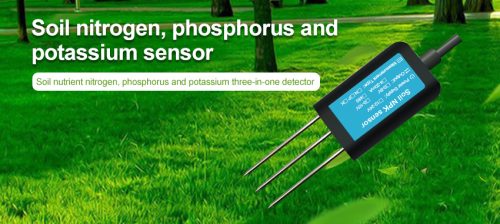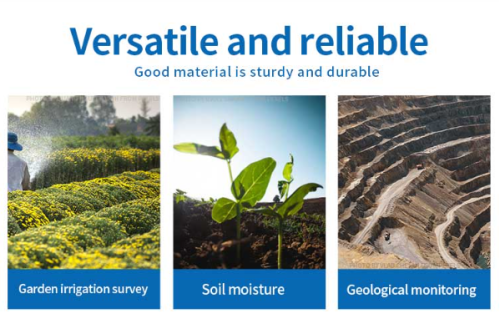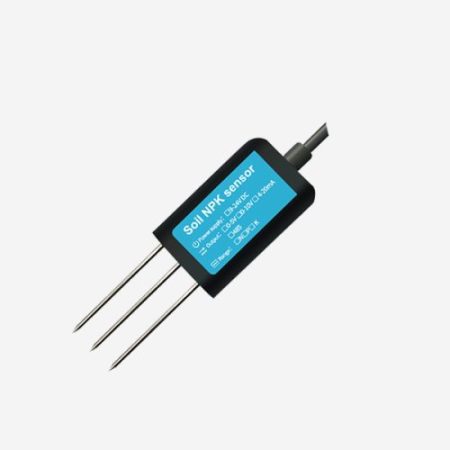The integration of soil NPK sensor represents a significant advancement in environmental monitoring, offering comprehensive insights into soil fertility, crop health, and environmental sustainability. This article explores the significance of soil NPK sensors and weather stations, their combined applications, impact on agricultural productivity and environmental stewardship, challenges, and future developments, highlighting their pivotal role in shaping the future of precision agriculture and sustainable land management.

Significance of Soil NPK Sensor
Soil NPK sensor are pivotal tools for environmental monitoring, providing essential data for precision agriculture, land management, and climate-smart farming practices. Soil NPK sensor enable real-time measurement of key soil nutrients, allowing farmers and land managers to optimize fertilizer application, improve crop yields, and minimize environmental impact. Weather stations, on the other hand, provide critical meteorological data for weather forecasting, irrigation scheduling, and climate-related decision-making.
Applications and Synergies

The integration of soil NPK sensor with weather stations offers synergistic benefits for agricultural productivity and environmental sustainability. By combining soil nutrient data with meteorological conditions, stakeholders can make informed decisions regarding crop management, irrigation scheduling, and nutrient application. The real-time data from soil NPK sensors and weather stations facilitate precision agriculture practices, enabling the efficient use of resources and the reduction of environmental impacts associated with excessive fertilizer use and water consumption.
Moreover, the integration of these technologies supports climate-smart farming practices, as it enables farmers to adapt to changing weather patterns, optimize resource utilization, and mitigate the impact of climate change on crop production. Additionally, the data from soil NPK sensors and weather stations can be utilized for soil health assessments, erosion control, and the implementation of sustainable land management practices.
Impact on Agricultural Productivity and Environmental Stewardship

The integration of soil NPK sensor with weather stations has a profound impact on agricultural productivity and environmental stewardship. By providing real-time insights into soil fertility and meteorological conditions, these technologies empower farmers and land managers to make data-driven decisions that optimize crop yields, minimize input costs, and reduce environmental impact. This proactive approach not only enhances agricultural productivity but also contributes to the preservation of soil health, water quality, and biodiversity.
Conclusion
The integration of soil NPK sensor with weather stations represents a paradigm shift in precision agriculture and sustainable land management, offering unprecedented capabilities for real-time monitoring and decision-making. As the global focus on sustainable agriculture intensifies, the role of these integrated technologies in optimizing crop production and preserving environmental resources becomes increasingly indispensable. With continued technological advancements and widespread adoption, the integration of soil NPK sensors with weather stations is poised to revolutionize agricultural practices, ensuring the efficient use of resources and the long-term sustainability of agricultural landscapes.
